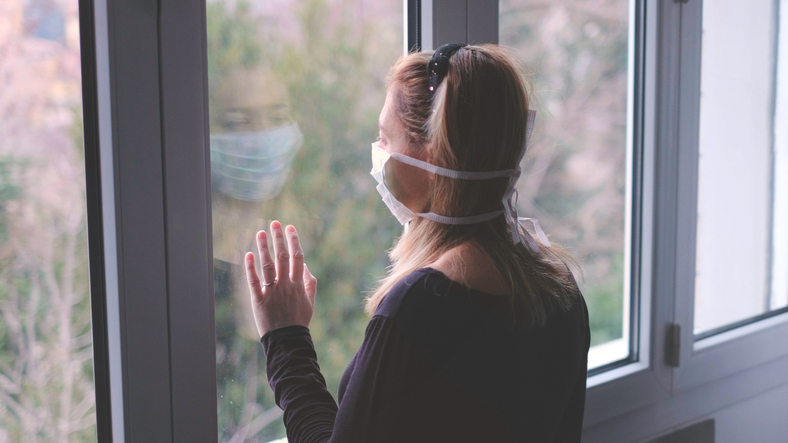
COVID-19: Taking Care of Our Mental Health
Ever since the World Health Organization announced the coronavirus as a pandemic, the whole world has been in a state of emergency. Our daily routines and habits are impacted big time as feelings of fear and anxiety soar across the globe. The global spread of infectious diseases can cause a big spike in feelings of fear and anxiety while negatively impacting our mental health. If your health anxiety is triggered because of the recent news about the coronavirus, you are definitely not alone!
So, what can we do to support our mental health during this difficult time that we are all going through globally?
First of all, it is important to keep in mind that these events are triggering a stress response in our bodies. Since we are faced with a new type of coronavirus, there is uncertainty surrounding the illnesses that this novel virus can potentially cause. As such, it is only natural for our stress levels to skyrocket as we are unable to take medical precautions at this time. So, uncertainty definitely fuels anxiety.
On the other hand, everybody will react to this kind of uncertainty differently. And it is perfectly okay for us to have different responses even though we are all faced with the same problem. Moreover, some of the factors that elevate our stress levels include the country/region we live in, our workplace, mental health history as well as the news sources that we get our information from.
How can we cope with COVID-19 stress?
According to Dr. Baruch Fischhoff from Carnegie Mellon University, finding reliable information sources is the first step we can take to reduce our anxiety resulting from the coronavirus pandemic. It is crucial to becoming aware of the impact that news sources have on us. Thus, evaluating the usefulness of the news that we mentally take in and acting accordingly will help us manage stress better.
In addition, doing a risk assessment is also important. One of the best measures we can take is to follow the hygiene rules set by the experts to not only protect ourselves but also close others – especially if we are considered high risk.
Another way we can take care of our mental health during this difficult time is to offer emotional support to each other. Lending a caring ear to friends who are apart from their families, high risk or those who work at hospitals will help all of us stay healthy and balanced. In fact, research shows that weak social ties result in a shift in our worldview. According to Dr. Steve Cole from the University of California, feeling lonely creates a fertile ground for a variety of diseases. Studies also suggest that people who feel chronic loneliness have weaker immune systems and they are more prone to illness than those who do not feel lonely.
To effectively manage stress during the coronavirus pandemic, we must get our information from reliable sources, protect ourselves, and support each other. Remember to take breaks and go outside for a couple of deep breaths. Also, keep enjoying the things that light you up!
You can read more about the coronavirus here on the Koc University’s website.[/vc_column_text][/vc_column][/vc_row]
REFERENCES
- 1. https://www.who.int/emergencies/diseases/novel-coronavirus-2019
- 2. https://www.apa.org/research/action/speaking-of-psychology/coronavirus-anxiety
- 3. Cole, W. S., Capitanio, J. P., Chunc, K., Arevalo, J. M., Ma, J., & Cacioppo, J. T. (2015). Myeloid differentiation architecture of leukocyte transcriptome dynamics in perceived social isolation.
- 4. Proc. Natl. Acad. Sci. U S A, 112, 15142–15147. doi: 10.1073/pnas.1514249112.
